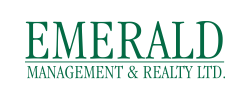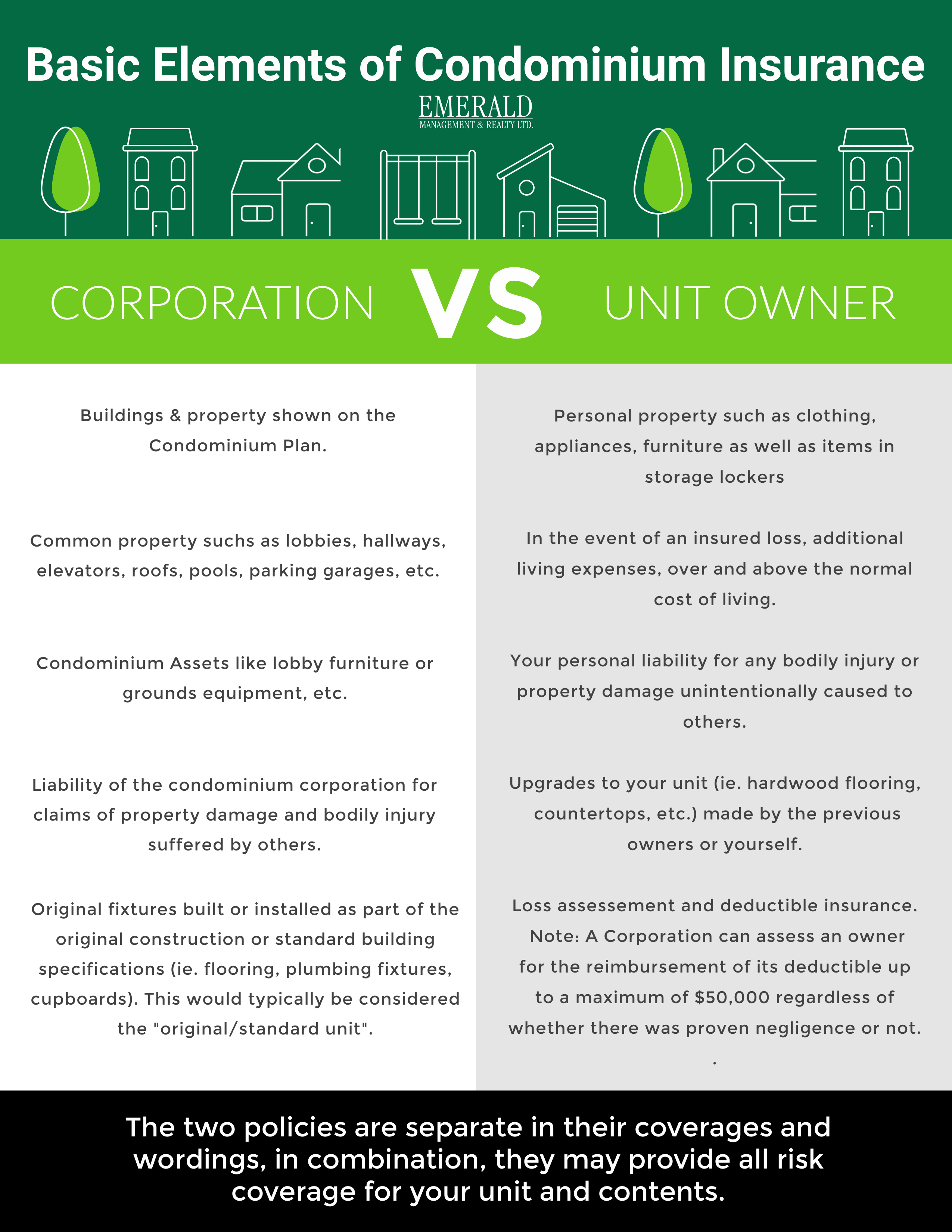Condo Board members are a group of individuals – usually but not always owners within the condominium – who are elected at an Annual General Meeting to represent the interests of owners and community members that form part of the condominium property. They work alongside property management personnel, formulating decisions most suitable for the condo corporation and the condo owners or mortgagees. Board members who do their jobs effectively and practice good governance are responsible for some of the best run condos.
Here are five traits of successful board members:
1. Excellent Communicators
Miscommunication is one of the main reasons for conflict within a corporation. Because board members handle significant decisions and hold liability concerning the residents’ needs, they must be strong communicators.
Another great trait of an excellent communicator, is a board who takes a friendly tone and communicates to educate with respect in a professional manner. The condo board should speak with “one voice” and practice confidentiality and take care to protect the privacy of others.
Since board members make decisions based on the community within the condominium, it is their job to communicate with fellow owners residents and discuss their needs and interests. Board members oversee the organization of events and other activities throughout, therefore it is essential to consider opinions and to communicate regularly with community members.
Listening to understand owners and residents is key to ensure that board members can govern and meet the expectations. Whether this is an annual survey or an informal email, asking for positive feedback and opportunities for improvement is a great way to engage owners and make sure the condominium board is in touch with the current needs of the Corporation.
Asking for feedback and providing a format to ask questions or provide feedback also helps build communication and engagement. If engagement is a problem, maybe it is because owner’s feel that the board isn’t open to change or considering an alternate perspective.
2. Strong Understanding of Finance
Another key obligation of the board members is working alongside property management and handling budgetary operations. A strong understanding of finance is mandatory to meet community needs concerning maintenance, events, and general affairs.
Typically, property management personnel will control the day-to-day financial obligations, but board members contribute and make recommendations based on the needs of the condo community.
3. Team Player
A condo board usually consists of three to seven people. Each board member’s role is to collaborate effectively with each other and to meet the needs of the condo community. Working together as a team is a fundamental part of the process. Board members work together by sharing ideas and asking for feedback within the group.
A team player respects the ideas and knowledge of others, keeps an open mind to suggestions, and contributes from their area of expertise.
It is up to current board members to recruit new members when the time comes. Therefore, having familiarity with the strengths of each person is beneficial when adding new members to complement existing members, or if anyone needs to be replaced.
4. Constant Learners
Managing the needs of a large community entails being open to always learning. One thing we have learned this past year … Change is constant, and technologies and policies are changing every day. People don’t live the way they did even 5, 10 or 20 years ago.
Therefore, board members must stay up to date with corporation policies and procedures and the needs and expectations of those within the community.
The drive to keep on learning coincides with the road to success simply because the individual is open-minded and willing to go the distance. It can be as simple as learning more about dogs to help condo owners with specific issues they may run into, or as complex as the architecture within the condo to answer any questions owners may have to figure out how an improvement can be made for the benefit of all involved.
As a licensed property management brokerage, Emerald Management & Realty Ltd. invests in the continued education and licensed certification of our team members. We believe that licensed managers demonstrate to our clients that we are invested in providing a proven professional track record of property management.
5. Organized
Organizational skills are a huge asset in becoming a successful condo board member. To execute all tasks and responsibilities, one must effectively plan and organize meetings, events, and other affairs.
Becoming a board member requires a lot of responsibility, and without the appropriate organizational skills, it would be challenging.
For more information on fundamental goals of board members and the importance of the collective decisions they make in service to corporation and the members which they represent, visit: A Beginners Guide to Condo Board Member Responsibilities.
Let Us Help You
All condo owners want the success of condo boards. While the above are just some of the common traits we’ve found to be inherent skills of great board members. As it is just a summary, it does highlight traits integral to good governance of a condominium corporation.
Are you an existing condo board member looking to improve your skills or a community member looking to join the board? Our team at Emerald Management & Realty Ltd. can help you with answering any questions you have about the roles and responsibilities as a member of a condo board. Board members are an essential part of the condo corporation, working to keep the community safe and happy.
Please call us at 403-237-8600 or contact us through our website.




